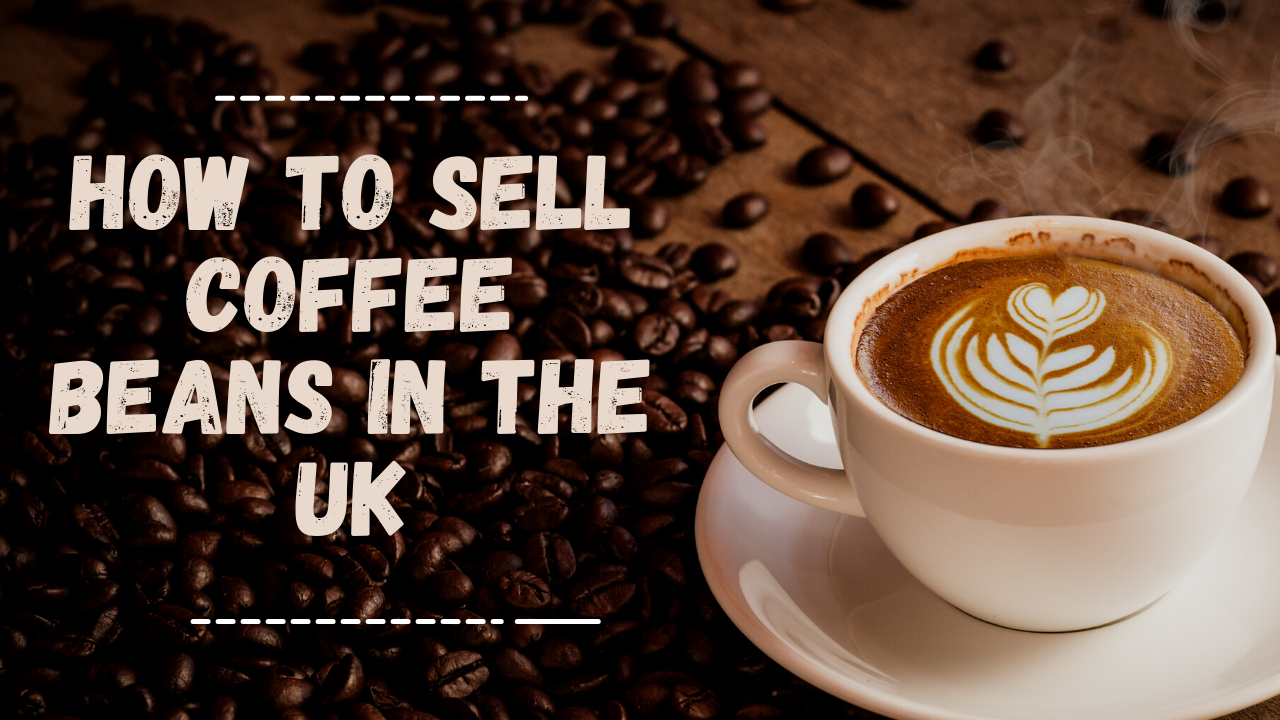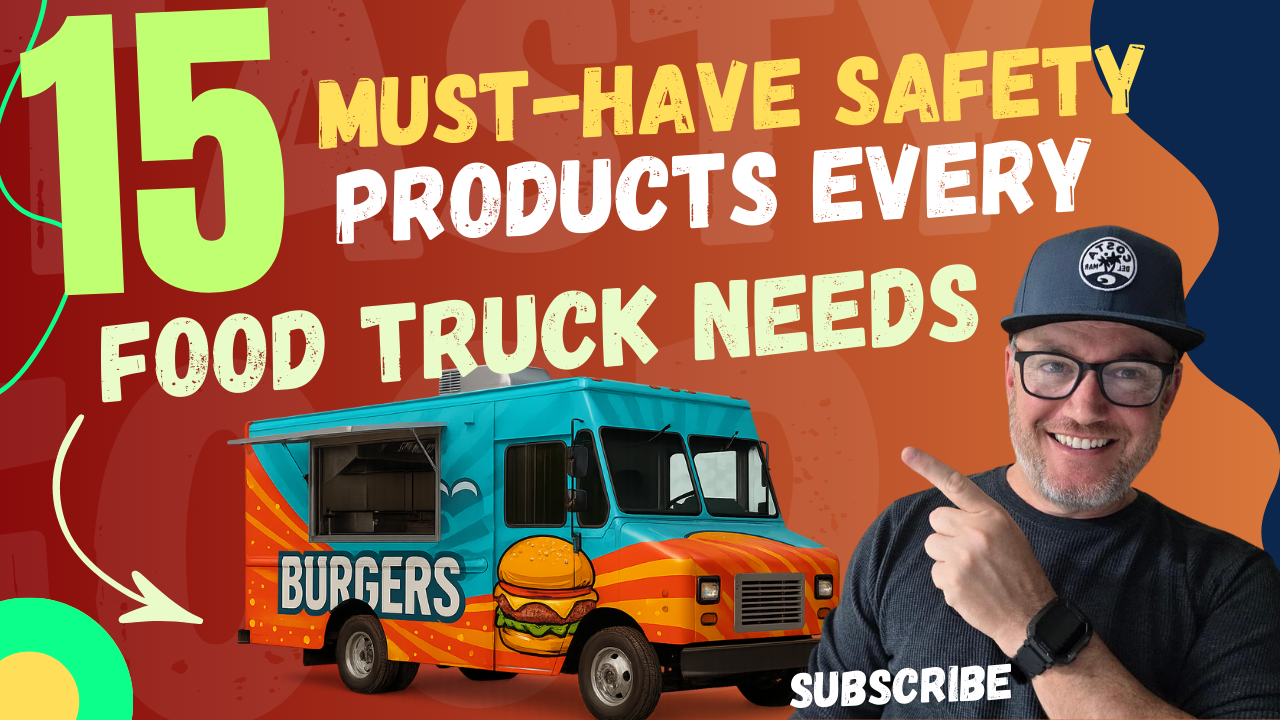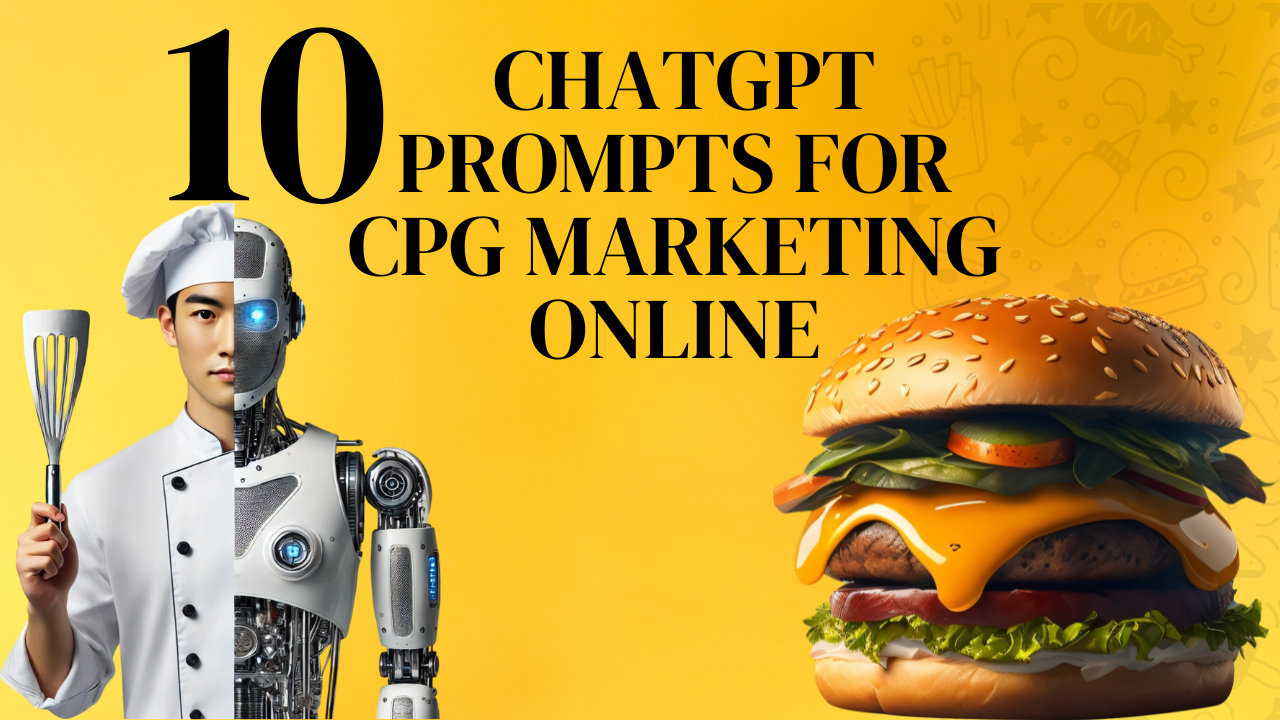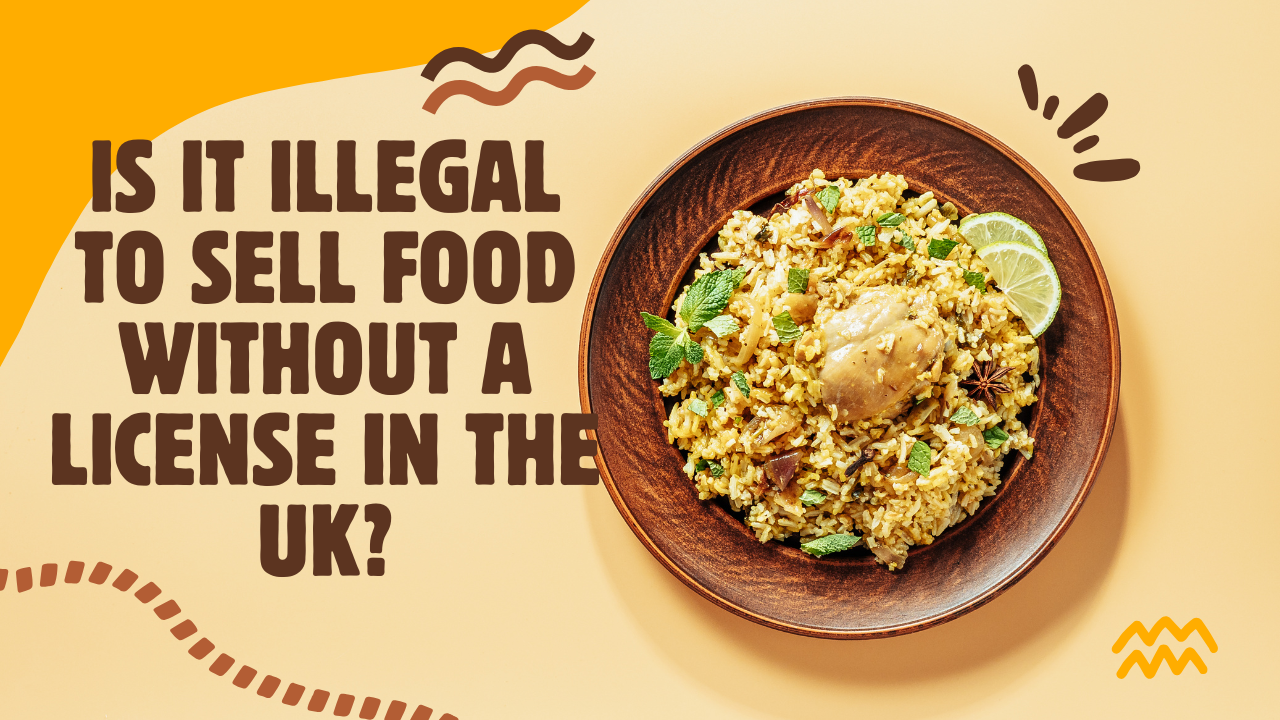Marketing Food Online Youtube Channel For Food Businesses
15 ChatGPT Prompts for Home Bakers to Plan Weekly Menus
Posted by Damian Roberti on
15 ChatGPT Prompts for Home Bakers to Plan Weekly Menus If you love baking at home but find yourself stuck making the same recipes over and over, you’re not alone. Many home bakers face the challenge of planning menus that are both exciting and realistic for the week ahead. That’s where ChatGPT comes in. With the right prompts, you can unlock endless ideas for breads, cookies, cakes, and pastries—without spending hours flipping through cookbooks or scrolling online. Here are 15 ChatGPT prompts you can use right now to help plan your weekly baking menus and keep your kitchen full of...
10 ChatGPT Prompts for CPG Marketing Online
Posted by Damian Roberti on
10 ChatGPT Prompts for CPG Marketing Online Marketing a CPG (Consumer Packaged Goods) brand online can be overwhelming. From ad copy to social media campaigns, there are endless moving parts to manage. That’s where ChatGPT comes in. By using the right prompts, you can generate content, strategies, and campaigns that save you time and boost sales. Here are 10 powerful ChatGPT prompts tailored for CPG businesses you can use today. 1. Social Media Ad Copy Prompt:“Write 5 variations of high-converting Facebook ad copy for a [snack brand] targeting [health-conscious millennials] with a focus on [low sugar, high protein]....
Is it illegal to sell food without a license in the UK?
Posted by Damian Roberti on
Is It Illegal to Sell Food Without a License in the UK? If you’re thinking about selling food in the UK — whether from home, online, a market stall, or a café — one of the first questions you might have is: “Do I need a license to sell food?” The short answer is yes — in most cases it’s illegal to sell food without registering your food business. Let’s break it down. Do You Need a Food Business License in the UK? Technically, most food sellers in the UK don’t need a “license” but they must register as...
How to Sell Coffee Beans in the UK
Posted by Damian Roberti on
How to Sell Coffee Beans in the UK: A Complete Guide for Beginners Coffee is one of the most profitable products to sell in the UK. With a market worth billions of pounds, consumers are constantly searching for new, high-quality beans—from green, roasted, flavored, or organic varieties. If you’ve ever thought about starting your own coffee business, selling beans in the UK can be both exciting and profitable. Here’s everything you need to know. Step 1: Understand the Legal Requirements Before selling coffee beans in the UK, you must register your food business with your local authority at least 28...
15 Amazon Safety Products Every Food Truck Owner Needs
Posted by Damian Roberti on
Running a food truck is exciting but comes with safety challenges. From hot fryers to propane tanks, accidents happen fast. Here are 15 Amazon safety products to protect your food truck, your staff, and your customers — all affordable and OSHA-friendly.










